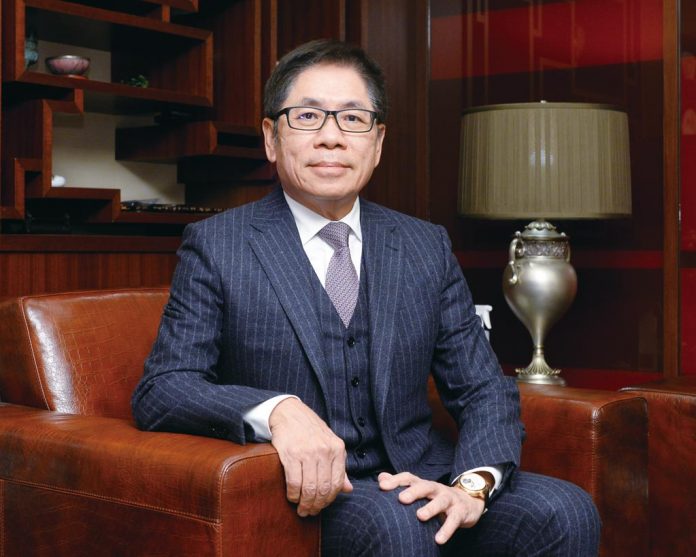TS Lines chairman Chen Te-sheng believes that new regulations governing greenhouse gas emissions, due in less than two years could cause a shortage of available tonnage.
Speaking at a press briefing to announce TS Lines’ Q1 2021 results on 12 May Chen explained the company’s decision to order four 7,000TEU ships, which he expects to be contracted in the near future.
Chen said that newbuildings would not cost more than US$300 million in total. The decision to order more newbuildings, after recently commissioning four 1,900TEU in China, is that Chen believes that a good number of ships will not meet the International Maritime Organization’s new greenhouse gas regulations, effective from 2023, and this could compound vessel shortages.
This year, TS Lines has bought seven second-hand ships and will take delivery of two 2,700TEU newbuildings from Huangpu Wenchong by August. By year-end, TS Lines’ owned ships, which are between 1,081TEU and 5,551TEU will reach 24 vessels, more than half of the 46 ships in its fleet.
Meanwhile, the company saw revenues and net profits of TW$12.3 billion (US$431.43 million) and TW$6.03 billion (US$211.5 million), up 37% and 81%, respectively, from Q1 2020.
Chen explained the figures missed his expectations of TW$7 billion (US$245.53 million) in net profits, due to growing competition in a bullish freight market. As more factories move from China to Vietnam, liner operators have been launching services to Ho Chi Minh City and Hai Phong.
“There’re too many ships calling at Vietnam, competition is intense. Besides the Transpacific, freight rates for carrying Vietnamese exports have been pushed down. I’d say the difference between carrying full containers and returning empty containers is negligible.”
Nonetheless, Chen said that Southeast Asia remains an important market and the current Thai durian season is at its peak, with rates hitting US$2,500/FEU reefer.
Martina Li
Asia Correspondent







